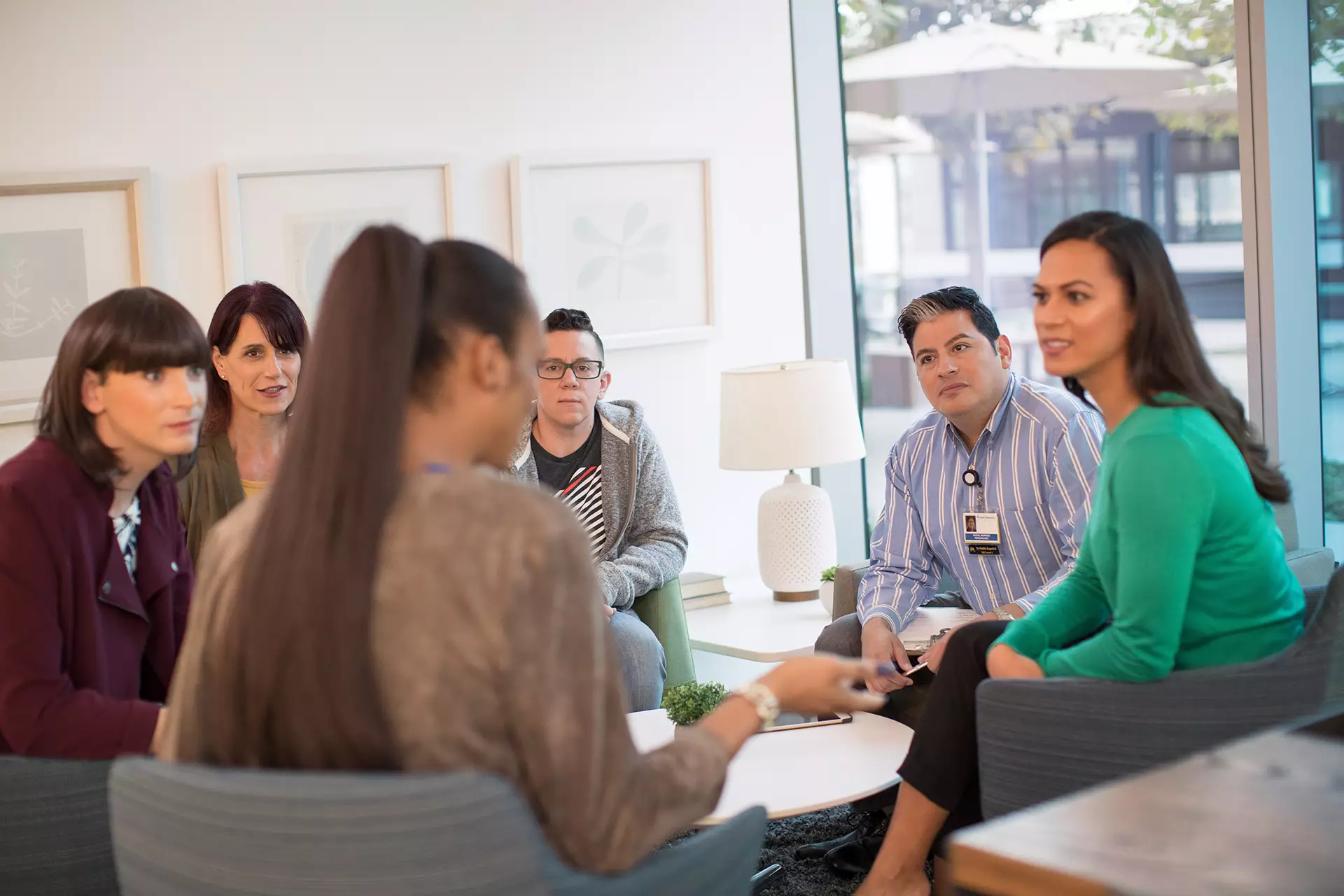What to expect
after surgery
Honeymoon phase (3 months to 1 year after surgery)
As you continue to recover and adjust to life after surgery, it’s important to stay on top of your nutrition, physical activity, and mental health and wellness. During this time, you are losing weight and getting used to a new lifestyle.
While this can be an exciting time, some people report struggling with different issues, including:
- Complications or side effects from surgery
- Adjustments to new or existing medications
- Adjustments to a new meal plan for different activity levels
- Fears around eating or food in general
- Struggles with body image
Check out the member stories to hear about and learn from the experiences of others, and explore the reminders and resources available to support you during this time.
Never hesitate to reach out to your care team if you need support.

Go to all your follow-up appointments to help your care team monitor your recovery
Contact your health care team if you aren’t sure when your follow-up appointments are scheduled.
Follow the post-surgery meal plan designed to support your recovery
During this phase, you will be moving through stages 4 through 7 of the post-surgery meal plans. Slowly reintroducing foods is key. You should not move to the next stage of the meal plan until you are tolerating everything well in your current stage.
Find a movement routine that you enjoy and can keep up
Explore some simple exercise videos.
Consider attending a Kaiser Permanente support group to continue building skills, learning from peers, and getting the support you need
Check out the support groups to find one that works for you.








